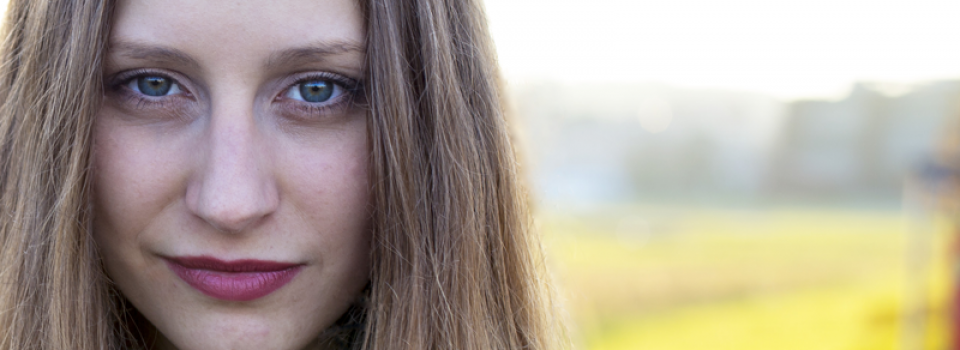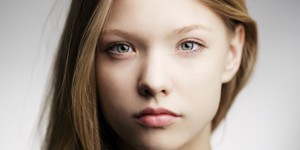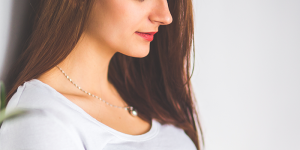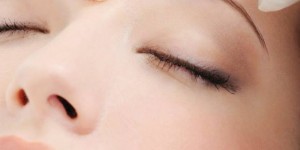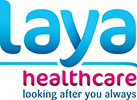Acne is a common disorder which affects the majority of people at some point in their lives especially during the teenage years. If untreated it can lead to loss of confidence and scarring. It is much better to treat the acne and prevent scarring than to try and treat the scarring later.There seems to be a barrier in getting effective treatment for acne.
An Australian study showed that only 11% of acne patients got a chance to avail of acne treatment from a doctor. Treatments for acne include creams and gels which can be quite effective. In particular topical retinoids must be considered a corner-stone of acne treatment. It is important that prescribed topical treatments are started early before the acne gets too severe. This can control the problem and prevent it from worsening.
In more severe cases we can use anti-inflammatory/antibiotic medications. Some of these have minimal or no side-effects. Resistant cases can be treated with roaccutane. Roaccutane has received a bad press over the years but when used properly it is a highly effective acne treatment.
Other adjunctive therapies that can help include a series of gentle chemical peels or microdermabrasion. In many cases we havwe found the pulse-dye laser to help with acne and especially the annoying red marks that acne leaves for months even after the active lesion has subsided- this is called post-inflammatory erythema.

